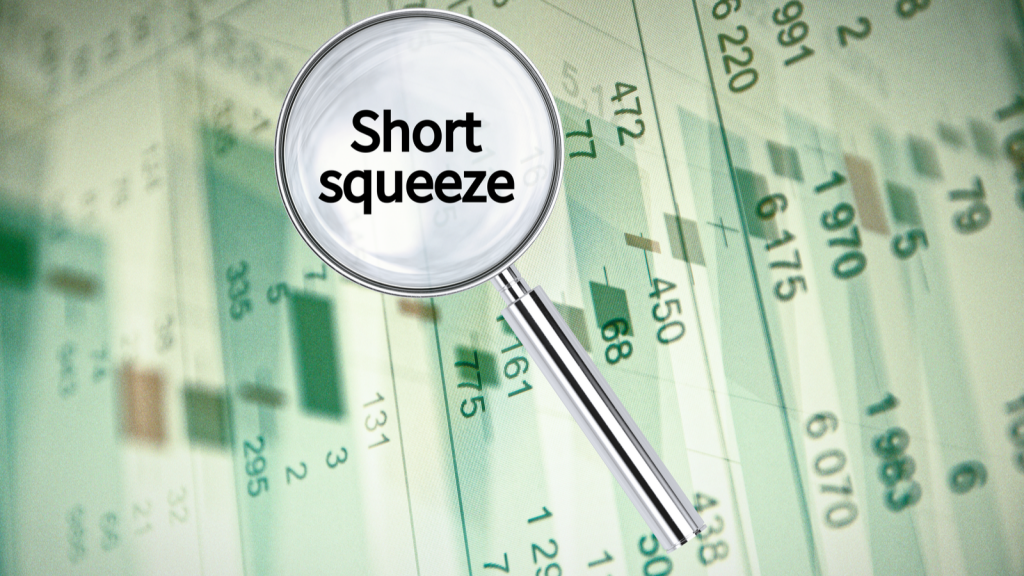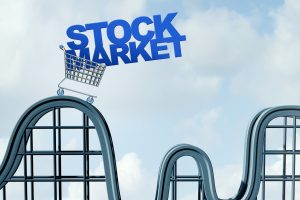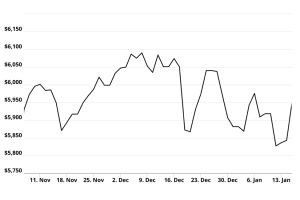
Short selling is a risky strategy that involves betting against a stock’s price, hoping that it will fall and generate profits for the trader. However, when a stock rises instead of falls, short sellers face the risk of a short squeeze, which is a sudden and sharp increase in the stock’s price due to high demand and low supply. Short squeezes can inflict huge losses on short sellers, who may be forced to buy back the shares at higher prices to cover their positions. Despite this, investors can be tempted from time to time to consider the most shorted stocks on the market.
In this article, we will look at three of the most shorted stocks on Wall Street right now, based on short interest as a percentage of float, which is the number of shares available for trading. These stocks have high potential for a short squeeze, especially if they report positive earnings or other catalysts that could boost their share prices.
Novavax (NVAX)

Novavax (NASDAQ:NVAX) is a biotechnology company that came into prominence when government and health officials around the world were developing a vaccine for Covid-19. The biotech firm’s lead product candidate was NVX-CoV2373, a protein-based vaccine for Covid-19 that has shown high efficacy and safety in clinical trials. Furthermore, Novavax develops and commercializes vaccines for serious infectious diseases aside from Covid-19, such as influenza and malaria.
According to Koyfin, Novavax has a short interest of 42.1%, the highest of any other U.S. public equity. Moreover, shares in the biotech firm have plummeted more than 18.8% year-to-date and more than 76.3% over the past 12 months, which is, in a way, a result of the numerous delays in regulatory approvals and manufacturing challenges. Not to mention that most of the vaccines in Novavax’s pipeline are related to Covid-19 or influenza, both of which are up against a number of formidable competitors.
Since 2021, revenue growth has been on the decline. Much of this has to do with the company’s over-reliance on sales of its Covid-19 vaccine. However, if the company gets approval for new drugs in its pipeline or delivers better than expected financials in its third quarter earnings print, short sellers could find themselves in a tight bind.
Beyond Meat (BYND)

Beyond Meat (NASDAQ:BYND) is a plant-based meat company that offers products such as burgers, sausages, nuggets and meatballs that mimic the taste and texture of animal meat. The company was able to effectively capitalize on the consumer’s desires to move away from meat-based foods. Since inception, Beyond Meat has developed an expansive network of retail stores, food-service outlets and e-commerce platforms in over 80 countries.
The plant-based meat company has surely experienced better years. Since 2021, demand began to soften for Beyond Meat’s plant-based burgers and sausages. Beyond Meat’s products are by no means cheap and the other price pressures consumers were feeling at the time did not help. Beyond Meat’s products are by no means cheap. Despite a campaign of price cuts, the company had to reiterate this bleak outlook on their recent quarterly earnings print where they posted another year-over-year sales decline and abandoned their goal of being cash-flow positive by the second half of 2023.
Beyond Meat has a short interest of 33.5%. The stock is trading down 2.7% year-to-date, but has plunged 51.7% in the past 12 months. Given the U.S. economy has exhibited much resilience, and the Federal Reserve could be done with its rate cycle, consumer confidence could pick up and the company could pull a surprise in the second half of 2023. Short sellers who have so far benefitted from Beyond Meat’s plight could face a massive short squeeze.
Carvana (CVNA)

Carvana (NYSE:CVNA) is an e-commerce platform for buying and selling used cars in the United States. Benefitting from the secular shift to online car buying, the platform was able to grow rapidly in the past decade. The post-pandemic semiconductor shortage spiked demand for used cars and also increased demand for Carvana’s product. As a result, Carvana’s revenue increased by 129% year-over-year to $12.8 billion, while its net loss narrowed by 21% to $135 million.
Carvana’s spectacular era of growth has been short-lived. In particular, Carvana relies heavily on third-party sources for its inventory and financing, which exposes it to both supply chain disruptions and certain credit risks. The car e-commerce platform’s debt burden remains significant at above $7.6 billion as of June 30. Last year, as interest rates increased, Carvana’s stock price tanked as investors doubted its ability to bear higher rates. Carvana still has a short interest of 32.6%, rendering its shares one of the most shorted in the U.S. stock market.
Nonetheless, the company has been able beat profitability expectations in recent quarterly results, already pushing a number of short sellers into a temporary squeeze. If Carvana continues to optimize its operations and to beat profitability estimates, short sellers could find themselves again in a doomsday scenario.
On the date of publication, Tyrik Torres did not have (either directly or indirectly) any positions in the securities mentioned in this article. The opinions expressed in this article are those of the writer, subject to the InvestorPlace.com Publishing Guidelines.




